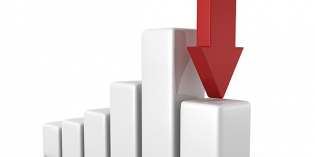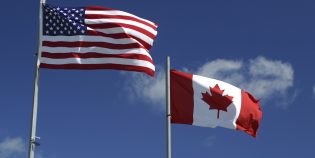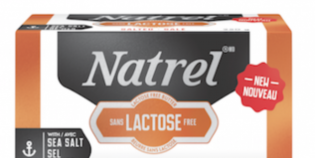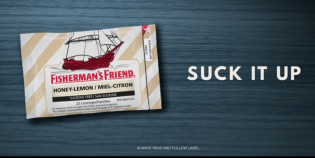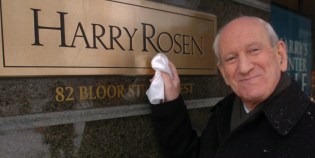Ontario’s “biggest shakeup” to liquor laws since it repealed prohibition in 1927 includes a new tax on beer and allowing it to be sold in hundreds of grocery stores, Premier Kathleen Wynne said Thursday.
“When it comes to the sale of beer in Ontario, I’m here to announce that the status quo is over and that the days of monopoly are done,” Wynne said as she released a report by a panel appointed to look at liquor sales and Crown assets.
The new tax — $1 on a case of 24 — will be phased in over four years at 25 cents a case, which is expected to raise $100 million annually by 2019.
The government’s revised agreement with the foreign-owned Beer Store — which has 80% of beer sales in Ontario — includes a pledge by major brewers to cap prices on their most popular brands, which represent about 50% of the market, until May 2017.
“One thing we do not want to see changed is our commitment to affordable prices,” said Wynne.
Ontario will also allow beer to be sold in 450 grocery stores, and will start a pilot project to sell 12-packs of beer in Liquor Control Board stores.
The agreement also makes it easier and less expensive for small brewers to list their products in the Beer Store’s 447 retail outlets, and will increase shelf space for the smaller brewers from 4% to 20%. That should create jobs as the small brewers grow sales and expand their work forces.
“The changes should lead to significant job creation here in the province in domestic craft brewing,” said Cam Heaps of Steam Whistle Brewing, who is also chair of Ontario Craft Brewers.
“We as a sector have doubled in the last 10 years, and I imagine it would double or triple again in the next five to 10 years.”
The new deal will also allow bars and restaurants that buy up to 250 of cases of beer to purchase it at the same price as consumers after years of being charged up to 50% more than retail.
Restaurants Canada called it “a good first step,” for about 9,000 small licensees, but said large bars will still pay above retail prices.
“Today’s announcement doesn’t help the bars and pubs that sell high volumes of beer and are currently being gouged on price,” said spokesman James Rilett.
The Progressive Conservatives said the new beer tax was proof the Liberals’ intentions were not all about improving consumer access as claimed, calling it “a cash grab to fuel the Wynne Liberals’ spending addiction.”
Modernizing beer sales was recommended by a panel headed by former TD Bank CEO Ed Clark, which examined Crown assets such as the LCBO, Hydro One and Ontario Power Generation to find ways to squeeze out the maximum value to help fund the Liberals’ infrastructure plans.
It recommended the province sell 60% of Hydro One, but not allow any one shareholder to own more than 10%, so the government’s 40% ownership gives it “de facto control” of the utility.
The government has also announced Thursday it will sell off a majority of Hydro One.
Clark said the province could generate about $9 billion from the Hydro One sale, with $5 billion going to pay the utility’s debt and $4 billion to fund infrastructure projects. He predicted electricity rates could go down with private-sector discipline and more capital investment in Hydro One.
“We believe that there will be a favourable impact on hydro rates over time,” he said.
NDP Leader Andrea Horwath scoffed at Clark’s prediction of lower hydro rates.
“People are maybe going to have easier access to beer,” said Horwath, “but they’re not going to be able to keep their beer cold because they won’t be able to keep their fridge plugged in because they won’t be able to afford hydro.”
Wynne said she could not guarantee electricity rates would not go up as a result of the Hydro One sale.
The distribution company Hydro One Brampton will be merged with Enersource, PowerStream and Horizon Utilities to create the province’s second-largest local distribution company.
The Conservatives said they don’t trust the Liberals to put the money from a Hydro One sale to debt and infrastructure, and fear they will use it to reduce the $10.9-billion budget shortfall.
“This is all about trying to pay off their deficit,” insisted Fedeli.


